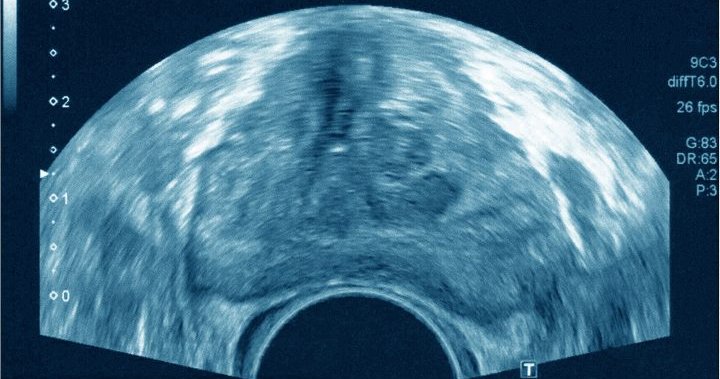
Higher risk of aggressive prostate cancer in Indigenous men, study shows
Global News
The study, published Monday in the journal Cancer, looked at prostate cancer screening data among almost 1.5 million men in Alberta between 2014 and 2022.
Indigenous men have more serious and later-stage prostate cancer when they’re diagnosed than non-Indigenous men, a new Canadian study says.
“It is very clear from this data that Indigenous men are at higher risk of developing aggressive prostate cancer than non-Indigenous men,” said Dr. Adam Kinnaird, senior author of the study and the Frank and Carla Sojonky Chair in Prostate Cancer Research at the University of Alberta.
The study, published Monday in the journal Cancer, looked at prostate cancer screening data among almost 1.5 million men in Alberta between 2014 and 2022. They were all between 50 and 70 years old.
Using postal codes, the researchers found that men in First Nations and Metis communities were much less likely to have had a prostate-specific antigen (PSA) test _ the method used to screen for prostate cancer _ than men living outside of Indigenous communities.
“Non-Indigenous men are having their PSA test done 50 per cent more often than Indigenous men are. And that’s a pretty big difference,” Kinnaird said.
The lack of screening, he said, could be a contributing factor to the study’s other major finding – that at the time of diagnosis, prostate cancer in Indigenous men was more advanced and more aggressive than in non-Indigenous men.
That finding was based on the tumour characteristics of 6,049 men diagnosed with prostate cancer who were seen at urology referral centres at the University of Alberta in Edmonton and at the University of Calgary.
Dr. Jason Pennington, a surgeon at the Scarborough Health Network and the Indigenous lead for the Central East Regional Cancer Program in Ontario, said the results are “not surprising.”











